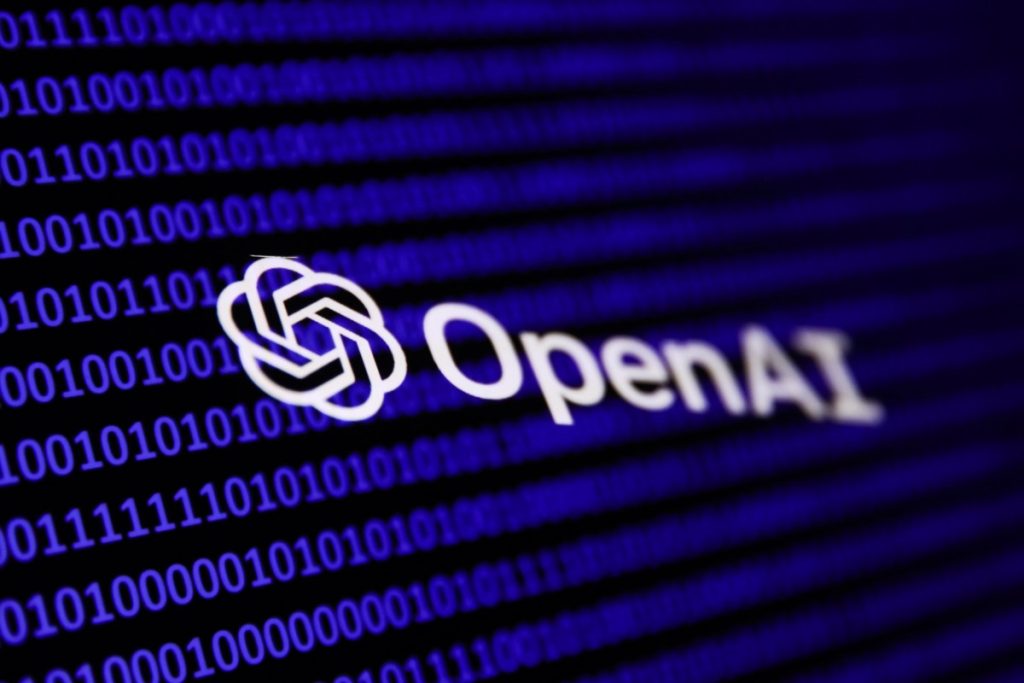OpenAI has been accused by many parties of training its AI on copyrighted content sans permission. Now a new paper by an AI watchdog organization makes the serious accusation that the company increasingly relied on non-public books it didn’t license to train more sophisticated AI models.
AI models are essentially complex prediction engines. Trained on a lot of data — books, movies, TV shows, and so on — they learn patterns and novel ways to extrapolate from a simple prompt. When a model “writes” an essay on a Greek tragedy or “draws” Ghibli-style images, it’s simply pulling from its vast knowledge to approximate. It isn’t arriving at anything new.
While a number of AI labs, including OpenAI, have begun embracing AI-generated data to train AI as they exhaust real-world sources (mainly the public web), few have eschewed real-world data entirely. That’s likely because training on purely synthetic data comes with risks, like worsening a model’s performance.
The new paper, out of the AI Disclosures Project, a nonprofit co-founded in 2024 by media mogul Tim O’Reilly and economist Ilan Strauss, draws the conclusion that OpenAI likely trained its GPT-4o model on paywalled books from O’Reilly Media. (O’Reilly is the CEO of O’Reilly Media.)
In ChatGPT, GPT-4o is the default model. O’Reilly doesn’t have a licensing agreement with OpenAI, the paper says.
“GPT-4o, OpenAI’s more recent and capable model, demonstrates strong recognition of paywalled O’Reilly book content … compared to OpenAI’s earlier model GPT-3.5 Turbo,” wrote the co-authors of the paper. “In contrast, GPT-3.5 Turbo shows greater relative recognition of publicly accessible O’Reilly book samples.”
The paper used a method called DE-COP, first introduced in an academic study in 2024, designed to detect copyrighted content in language models’ training data. Also known as a “membership inference attack,” the method tests whether a model can reliably distinguish human-authored texts from paraphrased, AI-generated versions of the same text. If it can, it suggests that the model might have prior knowledge of the text from its training data.
The co-authors of the paper — O’Reilly, Strauss, and AI researcher Sruly Rosenblat — say that they probed GPT-4o, GPT-3.5 Turbo, and other OpenAI models’ knowledge of O’Reilly Media books published before and after their training cutoff dates. They used 13,962 paragraph excerpts from 34 O’Reilly books to estimate the probability that a particular excerpt had been included in a model’s training dataset.
According to the results of the paper, GPT-4o “recognized” far more paywalled O’Reilly book content than OpenAI’s older models, specifically GPT-3.5 Turbo. That’s even after accounting for potential confounding factors, the authors said, like improvements in newer models’ ability to figure out whether text was human-authored.
“GPT-4o [likely] recognizes, and so has prior knowledge of, many non-public O’Reilly books published prior to its training cutoff date,” wrote the co-authors.
It isn’t a smoking gun, the co-authors are careful to note. They acknowledge that their experimental method isn’t foolproof and that OpenAI might’ve collected the paywalled book excerpts from users copying and pasting it into ChatGPT.
Muddying the waters further, the co-authors didn’t evaluate OpenAI’s most recent collection of models, which includes GPT-4.5 and “reasoning” models such as o3-mini and o1. It’s possible that these models weren’t trained on paywalled O’Reilly book data or were trained on a lesser amount than GPT-4o.
That being said, it’s no secret that OpenAI, which has advocated for looser restrictions around developing models using copyrighted data, has been seeking higher-quality training data for some time. The company has gone so far as to hire journalists to help fine-tune its models’ outputs. That’s a trend across the broader industry: AI companies recruiting experts in domains like science and physics to effectively have these experts feed their knowledge into AI systems.
It should be noted that OpenAI pays for at least some of its training data. The company has licensing deals in place with news publishers, social networks, stock media libraries, and others. OpenAI also offers opt-out mechanisms — albeit imperfect ones — that allow copyright owners to flag content they’d prefer the company not use for training purposes.
Still, as OpenAI battles several suits over its training data practices and treatment of copyright law in U.S. courts, the O’Reilly paper isn’t the most flattering look.
OpenAI didn’t respond to a request for comment.

